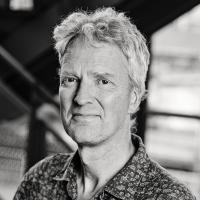Inequality and the post-2015 development framework
The Millennium Development Goals (MDGs) will come to an end in 2015, and a new development framework is being discussed a lot in many national and international forums.
Although many of the MDGs will not be achieved, there is a strong need to update the global development framework. The world has changed and new concerns have emerged. The challenge is to balance new and old concerns in a framework that can receive support from all corners of the world.
Some propose that the new framework should take the Millennium Declaration adopted by Heads of State at the UN General Assembly in 2000 as a point of departure and include some of the issues covered by the Declaration, but omitted in the MDGs.
Interestingly, Jan Vandemoortele, one of the architects of the MDGs, argued at a recent meeting organised by UNDP in Copenhagen, that such an approach would be misleading. He believes that the world has changed so fundamentally that a Declaration evolving out of different UN Summits in the 1990s cannot enjoy widespread support.
Though many of the MDGs still need serious attention, a new framework should thoroughly reflect the needs and interests expressed by people all over the world.
According to national and global thematic consultations organised by United Nations, one major concern has to do with inequality. Though receiving much attention, the issue is contentious and the discussion of how to integrate it into the new development framework has only just begun.
DIIS Experts

